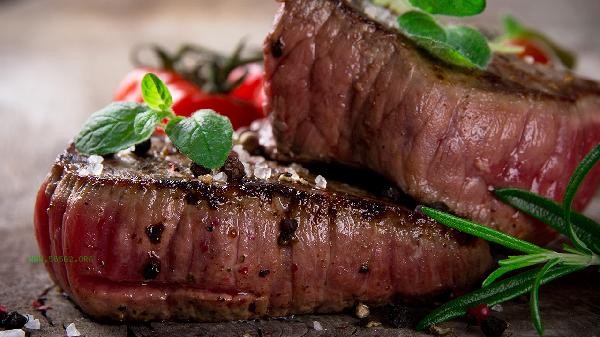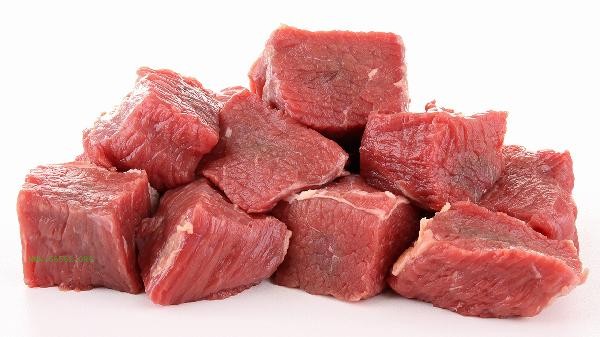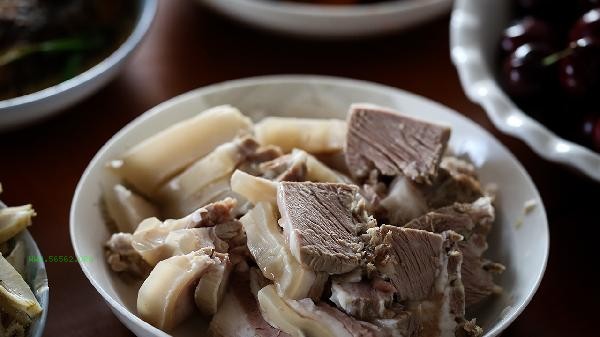Beef and lamb are not mutually exclusive and can be consumed together. The combination of two types of meat can provide rich high-quality protein, iron elements, and B vitamins, but attention should be paid to the amount consumed and dietary taboos for special populations. Beef and lamb are both high protein ingredients with similar protein structures and no biochemical conflicts. Lamb contains a high amount of L-carnitine and heme iron, while beef is rich in creatine and zinc elements. The combination of the two can complement the nutritional gap. In traditional cooking, beef and mutton are often mixed to make meat filling or stewed, and high-temperature heating can further reduce digestion burden. Moderate consumption of the same food by healthy individuals does not cause adverse reactions, but rather helps improve anemia and enhance physical strength. Patients with weak digestive function or hyperuricemia should control their total intake and avoid consuming large amounts at the same time to increase metabolic burden. Beef and mutton are all warm and warm ingredients, and people with dry and hot constitutions may experience discomfort such as dry mouth and tongue when eating them together for a long time. Some people who are allergic to red meat may experience cross allergic reactions, and it is recommended to observe in small amounts when trying for the first time. Special populations can eat two types of meat in separate meals, paired with cool vegetables such as radish and winter melon to balance their dietary properties.

It is recommended to use low-temperature cooking methods such as stewing to reduce nutrient loss, and to pair with vegetables and fruits rich in vitamin C to promote iron absorption. Gout patients should limit their daily intake of red meat to less than 100 grams, and those in the postoperative recovery period should prioritize selecting areas with low fat content. Maintain dietary diversity, the total weekly intake of red meat should not exceed 500 grams, and alternate consumption of white meat such as poultry and fish to supplement high-quality protein. When experiencing persistent bloating or skin allergies, it is recommended to discontinue consumption and consult a physician.











Comments (0)
Leave a Comment
No comments yet
Be the first to share your thoughts!